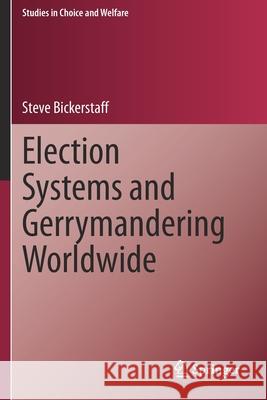Election Systems and Gerrymandering Worldwide » książka
topmenu
Election Systems and Gerrymandering Worldwide
ISBN-13: 9783030308391 / Angielski / Miękka / 2021 / 252 str.
Election Systems and Gerrymandering Worldwide
ISBN-13: 9783030308391 / Angielski / Miękka / 2021 / 252 str.
cena 441,75
(netto: 420,71 VAT: 5%)
Najniższa cena z 30 dni: 424,07
(netto: 420,71 VAT: 5%)
Najniższa cena z 30 dni: 424,07
Termin realizacji zamówienia:
ok. 22 dni roboczych.
ok. 22 dni roboczych.
Darmowa dostawa!
Kategorie BISAC:
Wydawca:
Springer
Seria wydawnicza:
Język:
Angielski
ISBN-13:
9783030308391
Rok wydania:
2021
Wydanie:
2020
Numer serii:
000308051
Ilość stron:
252
Waga:
0.38 kg
Wymiary:
23.39 x 15.6 x 1.45
Oprawa:
Miękka
Wolumenów:
01
Dodatkowe informacje:
Wydanie ilustrowane











